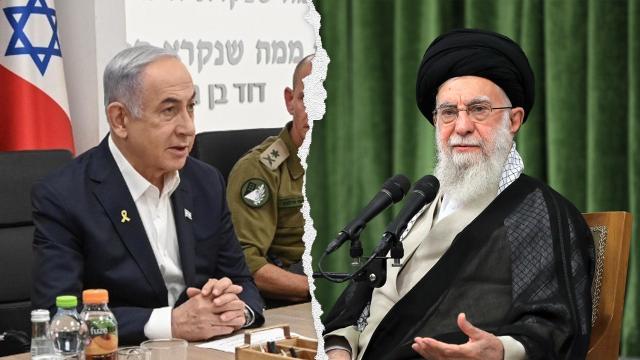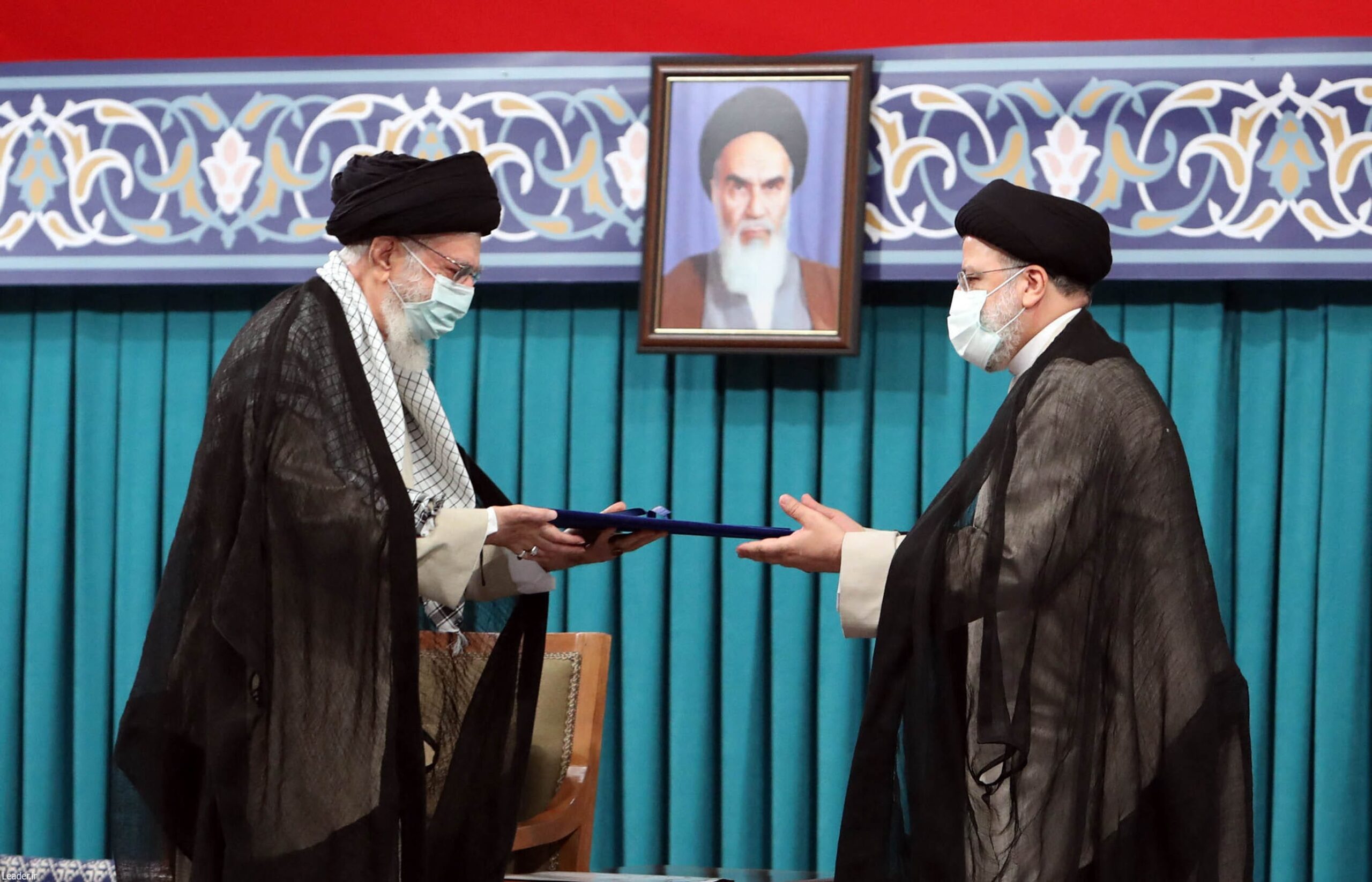The threat posed by Iran to the global community has reached critical levels in recent years, and the world is on edge after Israel’s recent strike on Tehran. Israeli Prime Minister Benjamin Netanyahu hinted just last month that a regime change in Iran might be imminent.
It isn’t just Iran’s role in state-sponsored terrorism, its ongoing pursuit of nuclear capabilities, its growing ties with adversaries of the West, or even its direct aggression towards Israel that could bring down Supreme Leader Ayatollah Ali Khamenei. According to a new analysis by the Middle East Media Research Institute (MEMRI), Tehran’s internal repression could ultimately be its undoing.
Repression Inside Iran: A Brewing Catalyst for Change?

Iranian minority groups, which make up about 50% of the population, face systemic oppression within the country. Himdad Mustafa, a researcher and expert on Iranian and Kurdish affairs for MEMRI, describes the conditions for some of these groups as akin to “open-air prisons.” However, these marginalized communities may hold the power to unite against Tehran and bring about the regime’s downfall.
Ethnic groups like the Kurds, who represent 10%-15% of Iran’s population and are concentrated near the borders of Iraq and Turkey, alongside the Baloch people, who make up 5% of the population and live along the border with Pakistan, are particularly well-positioned to challenge the oppressive government. Mustafa argues, “If the whole country rises up, the regime will withdraw its forces from border regions like Kurdistan to central Iran and Tehran,” he wrote in a report this month. “That is the time when the West should support the Kurds, Balochs, and other ethnic groups to topple the regime..”
These minority groups are situated in regions rich in resources that are not only crucial to Iran but also highly significant to other major powers like Russia and China, Mustafa told.
Global Stakes: Resource-Rich Border Areas in Play
Mustafa warns that a prolonged conflict in Iran could lead to intervention from regional and global players such as Turkey, Russia, and China, either directly or through proxies. These powers might seize territories they deem vital for their own interests. “If there is prolonged war and instability inside Iran, countries like Turkey, Russia, and China would intervene, either directly or through proxies, to seize territories in Iran they consider important for their national interests,” he said.
The Balochistan region, which stretches into Pakistan and Afghanistan, is seen by Beijing as a critical part of its Belt and Road Initiative, Mustafa explained.
“In the case of a regime change in Iran, it’s highly likely that Pakistan and China would intervene in Iranian Balochistan to prevent the establishment of a Baloch state and to secure the region for their interests,” Mustafa said.
He added, “Therefore, the U.S. should support these minorities both militarily and politically to secure their regions, which would, in turn, protect the interest of the West.”
If the U.S. backs Baloch forces in the event of a regime change, these forces could secure U.S. interests, particularly the India-Middle East–Europe Economic Corridor. “If Balochistan remains under the control of U.S.-backed Baloch forces, they could safeguard the interests of the U.S. and its mega project the India-Middle East–Europe Economic Corridor,” Mustafa emphasized.
Rising Concerns Over a ‘Hybrid War’
 Mustafa points out that there is growing fear among Iran’s political elites that a “hybrid war” scenario is being laid out—a situation where internal unrest might converge with external military threats. Although the 2022 mass protests were suppressed with brutal force, they showcased the widespread discontent simmering across Iran.
Mustafa points out that there is growing fear among Iran’s political elites that a “hybrid war” scenario is being laid out—a situation where internal unrest might converge with external military threats. Although the 2022 mass protests were suppressed with brutal force, they showcased the widespread discontent simmering across Iran.
The death of Jina Amini, a Kurdish woman who was arrested in September 2022 by Iran’s morality police and later died from her injuries, sparked outrage not just over institutional discrimination against women but also led to a unified response from marginalized minority groups. Shortly after the initial demonstrations, one of the bloodiest episodes occurred in Iranian Balochistan, when the Baloch people took to the streets in Zahedan to protest the alleged rape of a 15-year-old girl by a police commander. The protests, which became known as “Bloody Friday” or the “Zahedan Massacre,” ended in bloodshed when the Iranian Revolutionary Guard Corps intervened, killing more than 100 people, including 17 children.
Despite the severe risks posed by confronting the regime, Mustafa remains optimistic about the prospect of unification among these minority groups in their struggle for freedom. “They have a common enemy that persecutes, imprisons, and executes them, and even denies minority students the right to education in their mother tongues,” Mustafa said. “This has led them to view their fight for self-determination as a common struggle for national liberation against this common enemy, and this shared struggle is what unites these minority groups.”



